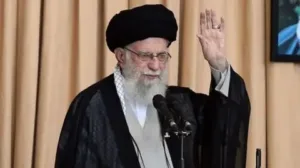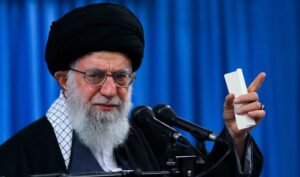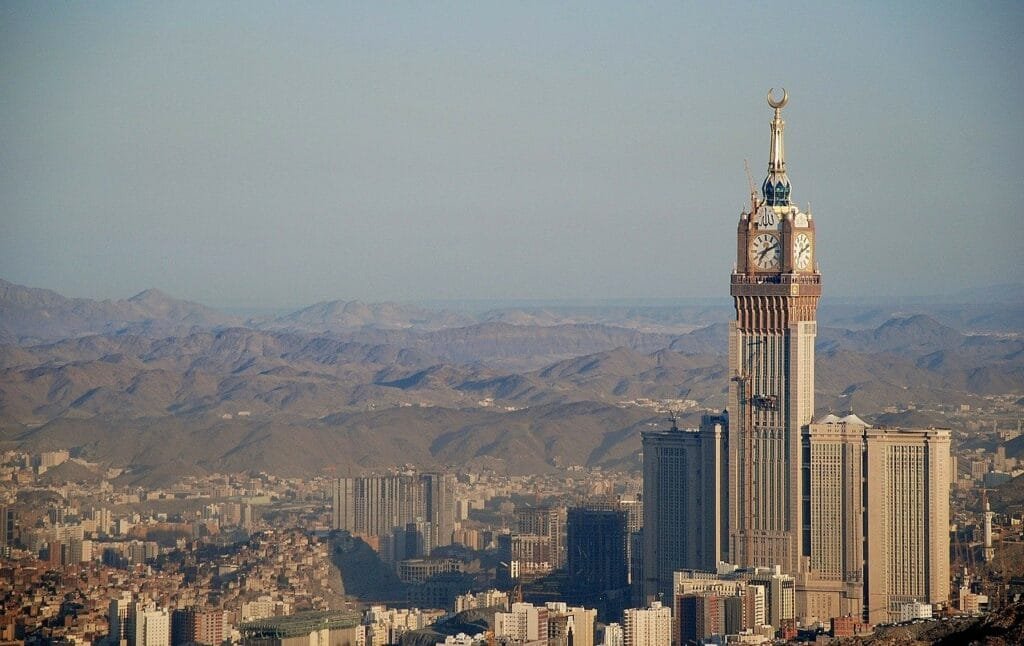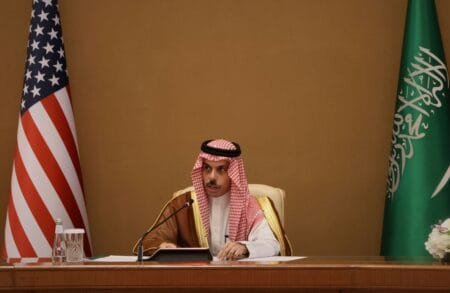Saudi Arabia has executed a record 101 foreign nationals so far in 2023, marking the highest number of foreign executions in a single year in the country’s history. This alarming figure is nearly three times the number of foreigners executed in 2022, according to human rights organisations.
The latest execution, reported on Saturday by the Saudi Press Agency, involved a Yemeni national convicted of drug smuggling in the southern region of Najran. This brings the total number of foreigners executed this year to 101, with the number expected to surpass 300 executions across all nationalities by the end of 2023, including both foreign and Saudi nationals.

Jeed Basyouni, who leads Middle East anti-death penalty advocacy at Reprieve, an international human rights organisation, called the situation “an unprecedented execution crisis” in Saudi Arabia. She expressed concern for the families of foreign nationals on death row, who are now living in fear of losing their loved ones.
Taha al-Hajji, the legal director for the European-Saudi Organization for Human Rights (ESOHR), also criticised the surge in executions, describing it as the most significant number of foreign nationals put to death in a year by the kingdom. “Saudi Arabia has never executed 100 foreigners in a year,” he said.

The uptick in executions comes amid widespread criticism of Saudi Arabia’s use of the death penalty, especially for drug-related offences. In 2022, the kingdom lifted a three-year moratorium on executions for drug offences, a decision that has contributed to the rising execution numbers this year.
According to reports, 92 of the 2023 executions have been drug-related, with 69 involving foreign nationals.
Saudi Arabia has executed 274 people in total so far this year, making it the third-largest executor of prisoners globally, following China and Iran, according to Amnesty International.
The nationalities of the foreign nationals executed this year include 21 from Pakistan, 20 from Yemen, 14 from Syria, ten from Nigeria, and others from Egypt, Jordan, and Ethiopia. Many of these individuals were convicted on charges related to drug trafficking, which has fueled much of the increase in executions.
Critics argue that foreign defendants in Saudi Arabia often face unfair trials. They point out that these individuals typically have limited access to court documents and are sometimes subjected to mistreatment from the moment of arrest until execution. Diplomats and human rights advocates also note that many of those executed are victims of more extensive international drug networks.
The kingdom is known for carrying out executions by beheading, although the method is rarely detailed in official statements. This high rate of executions stands in stark contrast to the kingdom’s efforts to improve its image internationally.

Crown Prince Mohammed bin Salman, who is working to transform Saudi Arabia’s global standing, claimed in a 2022 interview that the country had all but eliminated the death penalty, reserving it only for the most severe crimes such as murder and terrorism.
However, the record number of executions in 2023 undermines these claims. In 2022, Saudi Arabia carried out its largest mass execution in modern history, executing 81 people in a single day for terrorism and other violent offences. This year’s rising execution count has led to increased calls from human rights organisations for Saudi Arabia to reconsider its capital punishment practices.
As the kingdom continues to face scrutiny for its death penalty policies, activists are urging for greater transparency and a more just judicial process for both Saudi and foreign defendants.














